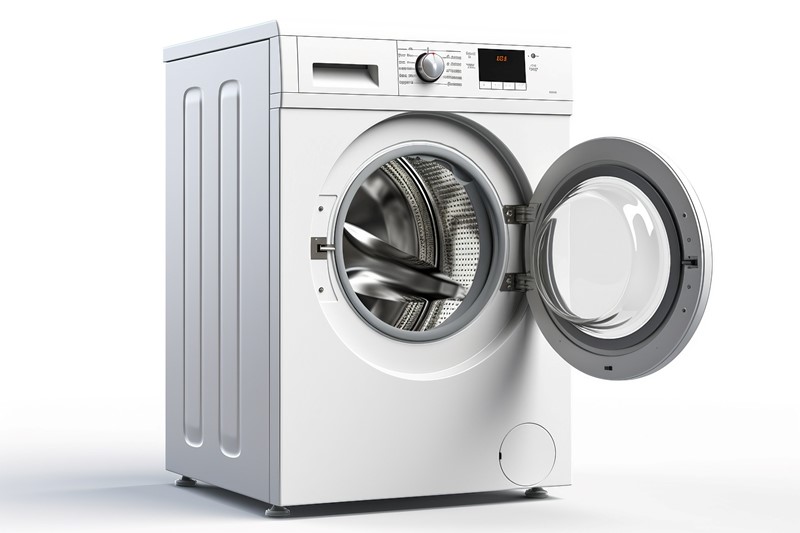The replacement of domestic items relief enables landlords to claim tax relief when they replace movable furniture, furnishings, household appliances and kitchenware in a rental property. The allowance is available based on the cost of domestic items such as free-standing wardrobes, curtains, carpets, televisions, fridges and crockery.
In order for relief to be given, four conditions must be met:
Condition A – the individual or company looking to claim the relief must carry on a property business that includes the letting of a dwelling-house(s).
Condition B – an old domestic item that has been provided for use in the dwelling-house is replaced with the purchase of a new domestic item. The new item must be provided for the exclusive use of the lessee in that dwelling-house and the old item must no longer be available for use by the lessee.
Condition C – The expenditure on the new item must not be prohibited by the wholly and exclusive rule but would otherwise be prohibited by the capital expenditure rule.
Condition D – Capital Allowances must not have been claimed in respect of the expenditure on the new domestic item.
If the 4 conditions are met, then a deduction for the expenditure on the new item can be claimed.
The amount of the deduction is based on:
- the cost of the new replacement item, limited to the cost of an equivalent item if it represents an improvement on the old item (beyond the reasonable modern equivalent);
- the incidental costs of disposing of the old item or acquiring the replacement; and less
- any amounts received on disposal of the old item.
HMRC’s internal guidance provides an example highlighting that a brand new budget washing machine costing circa £200 is not an improvement if a replacement for a five year old washing machine that cost around £200 at the time of purchase (or slightly less, taking into account inflation).





